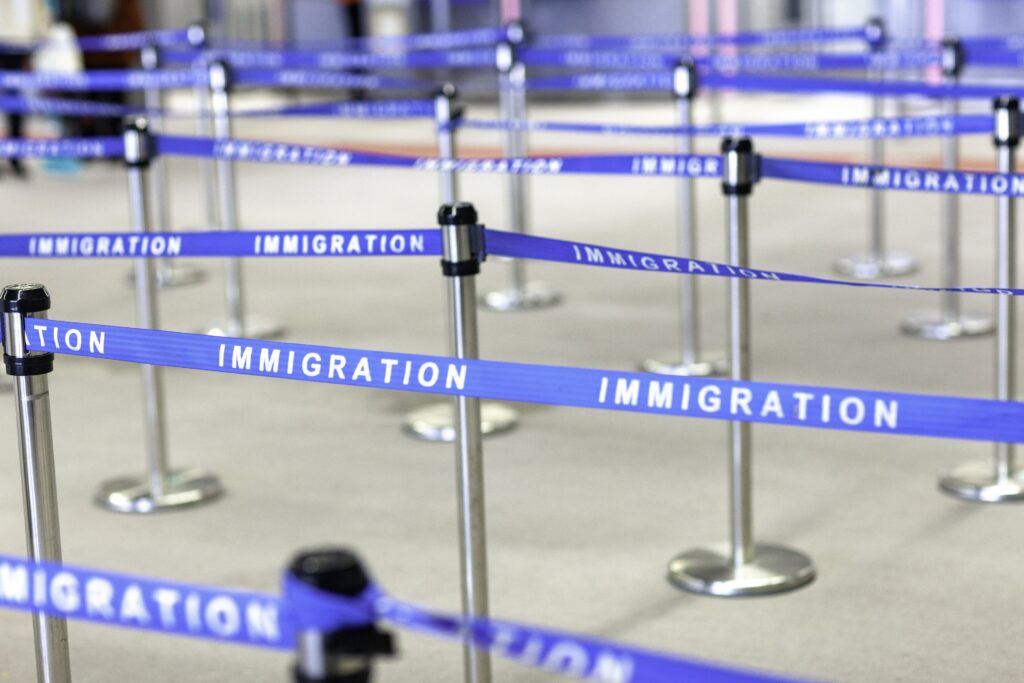The Migration Advisory Committee (MAC) commissioned a research report looking at the impact of the end of freedom of movement in the UK since Brexit. That research has now been published.
What is MAC’s research report about?
They followed nine businesses and how they have responded to the end of free movement, observing various trends. The results have now been published with a particular focus on how the end of free movement has impacted business sectors, such as agriculture, hospitality, manufacturing and transport, which in the past have relied on EU workers more than others.
A full copy of the report can be found here.
A summary of the key findings
All businesses have experienced labour shortages since the end of free movement of EU workers, with several businesses citing the end of freedom of movement as a significant cause of labour shortages in addition to the COVID-19 pandemic – making it more difficult to recruit and retain staff.
Businesses with more comfortable and social working conditions have had less hiring and retaining staff than business hiring for manual labour work in isolated places.
Those businesses that did not take financial steps to invest in their workplace and ensure workers felt valued have had more challenges with retaining staff.
Fewer businesses relied on increasing wages to attract and retain staff. While some businesses increased wages in line with the higher cost of living, fewer businesses went beyond those increases to attract or retain staff.
Fewer businesses felt forced to reduce production in response to labour shortages, which was more of a last-resort option. Businesses that were forced to make such decisions did this by reducing operating hours and relocation operations outside of the UK.
What has been the overall impact of the end of free movement?
This recent study is indicative that there is no doubt the inaccessibility to the EU workforce since Brexit has been a struggle for UK businesses, with added pressure on specific sectors.
However, with reference to the latest figures of businesses obtaining sponsor licences to continue to recruit skilled labour, it is evident businesses are adapting, with skilled worker migration at an all-time high.
How can we help?
If you need support with sponsor licence applications or would like guidance with planning for future recruitment from overseas to secure skilled labour, then please contact our business immigration team.





